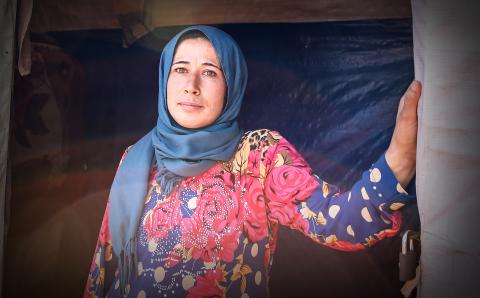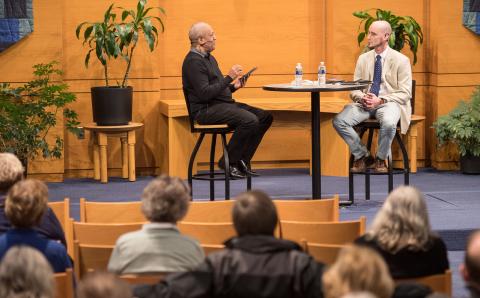Kelley Nikondeha experienced the “sacrament of belonging” early in her life when she was adopted by her parents. She never imagined that years later she and her husband, Claude, would become parents of two young children through adoption. Both of these lifelong, life-changing experiences form the basis for Nikondeha’s story, which she tells with poetic sensitivity and insight.
Her reflections are equal parts personal story and biblical narrative. The stories begin in the United States but cross the ocean to Burundi and other African countries, and she includes the stories of Moses, Ruth, and Jesus.
Nikondeha weaves the sacramental nature of belonging throughout the book. A sacrament is a visible sign of inner grace. “Belonging is a choice, a series of habits, and a way of life that cultivates healing,” she writes. Adoptive parents are practitioners of belonging.
While she begins with her own story, Nikondeha quickly moves toward a more expansive vision for what true belonging can mean and what it can bring about. She describes belonging as a “centrifugal force” that reaches outward with room for all. Comparing it to the African word ubuntu, she says that at its fullest, belonging makes room for stranger and kin, writing that “there’s enough space for all.”
Nikondeha enlarges the way we look at adoption and belonging. She describes the ancient context where family, inheritances, and kingdoms are consolidated through adoption, then she explains how Jesus broke down the traditional barriers and definitions of “family” for that time. She leaves the reader longing for that day when the gates of the new city will never be closed.
Adopted reveals the expansiveness of God’s grace and his desire for all to belong. (Eerdmans)
About the Author
Jenny deGroot is a freelance media review and news writer for The Banner. She lives on Swallowfield Farm near Fort Langley B.C. with her husband, Dennis. Before retirement she worked as a teacher librarian and assistant principal.








